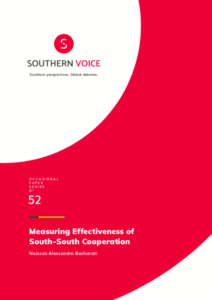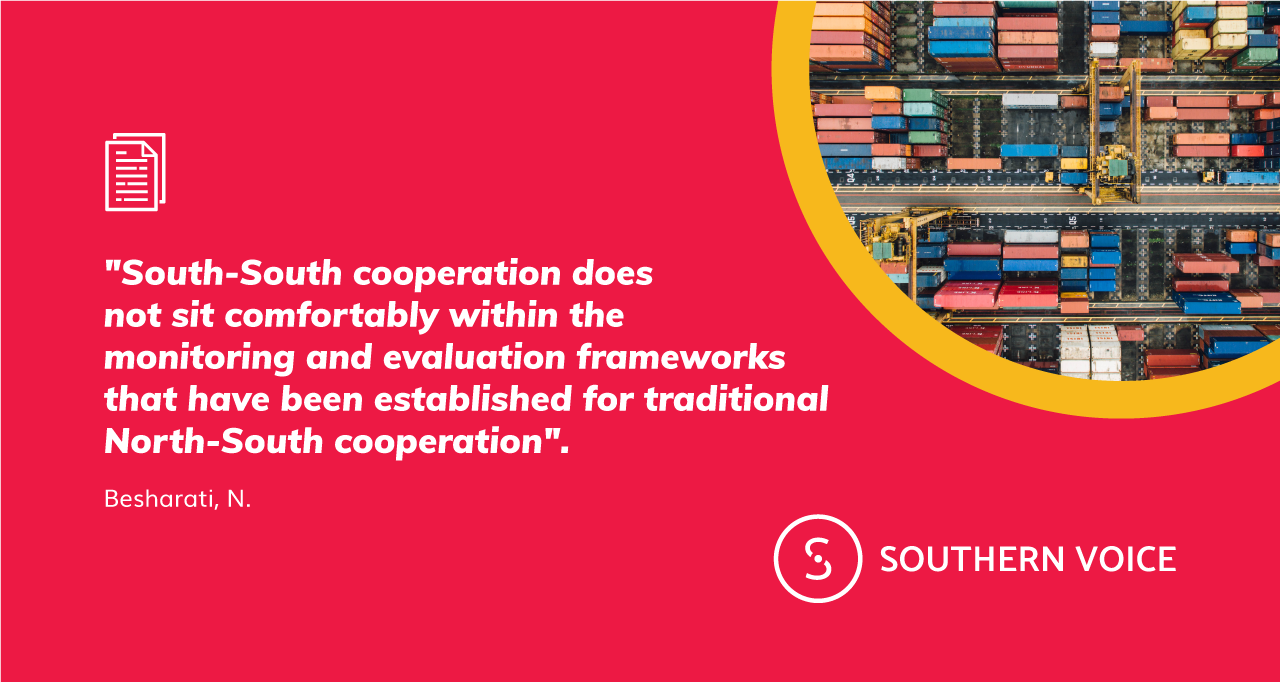Side event BAPA+40 Date: 20 March 2019 Time: 5:30 PM - 7:30 PM Venue: Instituto Nacional Sanmartiniano, Salón Principal (main…
Abstract
 South-South cooperation has become an essential feature of the international development landscape. Several South-South partnerships are perceived as more economical, effective and favourable compared to North-South aid relations. However, not many systematic evaluations of the effectiveness of South-South cooperation have been undertaken, especially with regards to impact, contribution to development outcomes, quality of assistance and the added value of this type of contribution to developing countries. In that sense, the study discusses the political dynamics, unpacks technical and statistical challenges, and reviews progress made thus far with regards to measuring the volume, quality and impact of SSC. Furthermore, it describes the different initiatives and efforts undertaken in the past decade to systematise the monitoring and evaluation of SSC. The study concludes that given the absence of inputs in the monitoring and accounting processes due to the data, budgetary, and capacity limitations of Southern partners, more complex impact evaluation exercises around South-South cooperation remain a premature endeavour.
South-South cooperation has become an essential feature of the international development landscape. Several South-South partnerships are perceived as more economical, effective and favourable compared to North-South aid relations. However, not many systematic evaluations of the effectiveness of South-South cooperation have been undertaken, especially with regards to impact, contribution to development outcomes, quality of assistance and the added value of this type of contribution to developing countries. In that sense, the study discusses the political dynamics, unpacks technical and statistical challenges, and reviews progress made thus far with regards to measuring the volume, quality and impact of SSC. Furthermore, it describes the different initiatives and efforts undertaken in the past decade to systematise the monitoring and evaluation of SSC. The study concludes that given the absence of inputs in the monitoring and accounting processes due to the data, budgetary, and capacity limitations of Southern partners, more complex impact evaluation exercises around South-South cooperation remain a premature endeavour.


